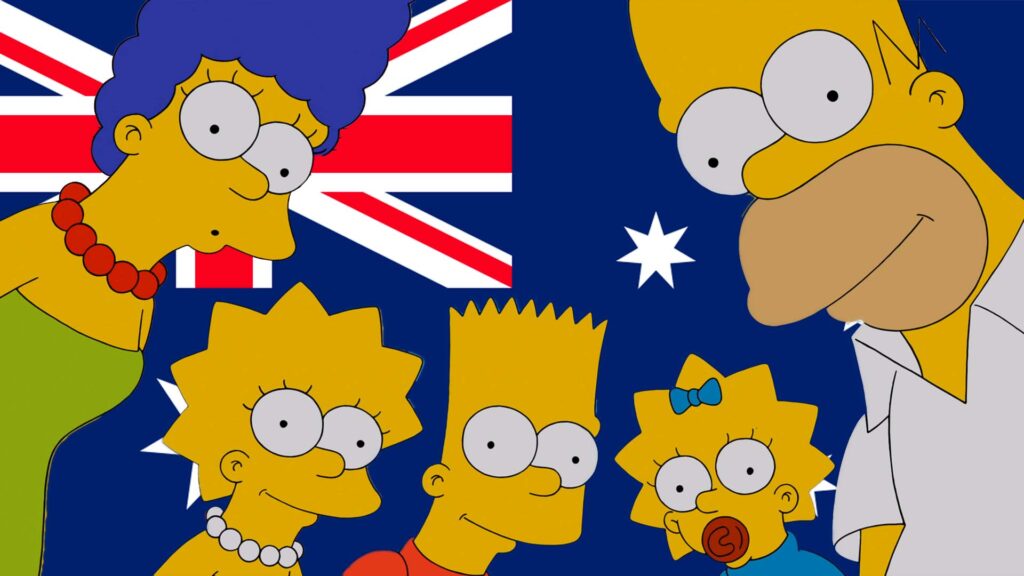Music & The Psychology Of Choice
Written by WOM writer on February 9, 2023
Before iPhones, iPads, or iPods, and long before CDs, cassettes, and Walkmans, vinyl records ruled the music world.
Imagine reliving the 60s, one vinyl record at a time. Rock and roll is the dominant genre, with artists like Elvis Presley, Chuck Berry, and Little Richard earning spins on the record player. Next up, the British Invasion via The Beatles, The Rolling Stones, and The Kinks. Now, throw in some Motown, with artists such as Marvin Gaye, The Supremes, and The Temptations. Finally, sprinkle in some folk music, with Bob Dylan and Peter, Paul, and Mary to top off the vinyl collection.
Over the years, music consumption changed while discovery did not. Listeners graduated from records to cassettes and, finally, CDs. But in 2003, everything changed. With “1000 songs in your pocket”, Apple transformed the music industry with the release of iTunes and the iPod. Not only did iTunes change music consumption, but it also took the first step toward changing music discovery.
Enter Spotify. Today, it has over 456 million monthly active users, with the largest percentage of streamers, owning 34% of the entire market. What iTunes did to music consumption, Spotify did to music discovery. After all, having 200 years’ worth of songs means little if the experience is akin to drinking from a fire hose.
Finding your next favorite song is more complex than turning on the radio and putting on your favorite station. For many years, finding music involved actively looking for music online—and naturally, you gravitated towards genres you were already predisposed to. But as choices rack up, so do your mental batteries.
To understand the psychology behind musical taste and discovery, you must first understand the psychology behind consumer choices.
Today, everything the consumer needs is within reach of her fingertips. Yet, with the increase in the production of goods, and therefore branding and differentiation, consumers are ironically crawling backward, once again foraging through hundreds, even thousands, of options. This phenomenon is called the paradox of choice: the more effort consumers put into choosing, the less they enjoy the experience.
The act of choosing between a variety of options leads to consumer dissatisfaction. This stray from pleasure is a direct result of forcing the brain out of its “default mode,” where thoughts and decisions come so quickly that they feel automatic.
This is not to say that having choices leads to less satisfaction. Barry Schwartz, author of The Paradox of Choice: Why More Is Less, claims that having options allows consumers to feel liberation, autonomy, and control. But the consumer’s brain works like an old computer – it goes into overdrive when it simply does more work than it can handle. When the number of choices consumers face pass a point of bliss, their brains are forced to shift more gears than usual. As a result, the act of choice leads to a negative impact, and consumers go into overdrive.
This is directly related to the psychology behind the effort it takes to choose the first place. In other words, the less consumers have to think, the happier they are.
Despite the variety of innovations human brains have conjured up during their short time on earth, the truth is consumers prefer to be lazy. Consumers love comfort and convenience.
American psychologist Clark L. Hull calls the laziness tendency the avoidance of cognitive demand, otherwise called: the law of least mental effort.
Here’s an example of how it takes hold in everyday life: You wake up early and head to your closet, deciding what to wear for work. Unless you’re in the fashion industry or highly dedicated to personal aesthetics, it’s implausible that you spend the whole morning deciding what outfit to wear. Instead, you may grab one of your go-to outfits simply because it requires less mental exertion.
Sacrificing the extra minutes of getting ready isn’t worth it, especially right before a full day of work, where the brain’s gears will undoubtedly shift more than usual.
Now that the psychology behind mental effort and choices is clear, this brings up the next point: how exactly has this influenced the way people consume and discover music?
The oversaturation of information, media, and the news continues to affect consumer behavior; the simplification of music discovery is necessary. Enter personalization.
Spotify may be a great place to listen to your favorite song or artist, but it can be overwhelming, with over 100 million songs to choose from. Without personalization, music discovery today would be an all-out nightmare.
For this reason, Spotify employee Matt Ogle revamped the Discover page to what consumers have all come to know and love: Discover Weekly. He realized that the antidote to the paradox of choice was simple: unique, personalized mixtapes for every user.
Users no longer have to spend hours on end looking for new music. With all the data Spotify has from its 456 million monthly active users, they curate a personalized playlist filled with the favorite songs of people with similar music tastes. The algorithm is based on the fair assumption that if others with similar consumption behavior are adding these songs to their playlists, you may be interested in them too.
Since the launch of Discover Weekly, growing artists have had an opportunity to cast a wider net for new listeners. A Spotify representative stated in an interview with Vox that “Ten billion times a month, listeners across both Spotify and Spotify Premium stream a new artist they had never heard before. That means ten billion discoveries every month; ten billion chances for artists to win a new fan.”
Spotify users have listened to over 2.3 billion hours of music. Discover Weekly listeners spend double the amount of time on the app than those who don’t use this function. The brand has since leveraged the amount of data from its hundreds of millions of users collected by the feature and has created a product that can be sold to brands. Companies now have the opportunity to sponsor a Discover Weekly. This means that their logo will appear within the playlist and an ad in every spot for those who pay for the freemium option of Spotify.
Intending to design the shortest path to a memorable musical experience, Spotify innovated further by offering Daily Mix—a set of pre-mixed playlists based on your favorite music and genres. Unlike Discover Weekly, it emphasizes a user’s favorite music selection without focusing too much on music discovery. But that is not to say that they completely disregard the possibility of spreading new music. Within each cluster of songs is a sly recommendation that appropriately matches each playlist. Nice and easy for the typical lazy and casual listener!
Spotify is not alone in attempting to dodge the paradox of choice. Apple Music, which holds 21% of the market share, followed suit with Music Daily. It boasts the same idea as Discovery Weekly but instead aims to be the ” playlist that never sleeps, “feeding users new songs the moment they wake up.
The paradox of choice does not stop at music discovery. It affects several aspects of our lives too. Be it from the customer experience of walking through your favorite retail store to selecting your preferred milk at your local supermarket. With the growth of production, there is a wide selection of just about everything—even water. Brands, through the collection of user data, have been able to transform just about every type of purchasing experience.
Whether the culling of user data for the company’s advantage is something users understand is a whole other conversation entirely. This doesn’t change the fact that user experiences are evolving. The era of extreme personalization is here. For this, we can thank the cross-pollination of consumer psychology and data science.
That said, music today no longer needs to be sought out in deliberation. Instead, with predictive data and consumer psychology insights, new music is spoon-fed to users silently. The Paradox of Choice, it seems, can be avoided by playing the role of an intelligent aggregator.
Source: Prince Ghuman – forbes.com
Image: Eric Nopanen – unsplash.com





